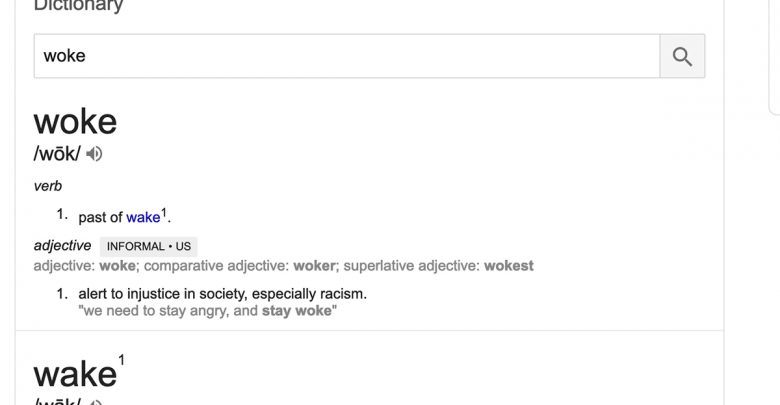Burlap Sack: Performative wokeness
 Richard Bagan
Richard BaganDo you feel the need to constantly remind people that you hate that racist thing Donald Trump said last week? Have you adopted African American slang or music to relate to your black friends or oppressed people in general? Do you consistently make your progressive opinions known publicly but rarely act on them with direct action by donating time or money? If any of these apply to you, you’re probably practicing performative wokeness.
Popular culture in the west was undergone a relatively dramatic shift in it’s “wokeness” since 2010. Before this shift, Obama openly questioned gay marriage, MAD TV aired racist skits on television, and blatant largely unchecked cultural appropriation was the norm.
Un-wokeness still exists and thrives in certain ways, but popular culture and media has largely embraced liberal interpretations of anti-racist, feminist, and somewhat environmental progressive ideology. That isn’t to say we live in an unproblematic world, but rather that the Overton window has shifted to be more inclusive of marginalized communities’ needs.
Performative wokeness has thrived under this shift as more people feel comfortable standing up for their newly found progressive views. The problem with these woke performances isn’t that people are woke, but rather, that these performances narrow important conversations, and normalize inaction.
Woke performances are often followed by inaction because people can easily place their performances on the same level as direct action or other methods of enacting political change. While sharing a social media status about a progressive opinion can be useful praxis, it shouldn’t replace a well-rounded approach to changing the status quo.
When upwardly-mobile, educated white people consistently perform how woke they are, it can also dominate conversations that should center the voices of marginalized people — conversations that should focus less on personal proclamations and pats on the back, and more on things like protesting government policies or donating to progressive organizations.
There isn’t anything wrong with wanting others to know how woke you are, but it can have unintended consequences that the most “woke” among us need to be aware of.




